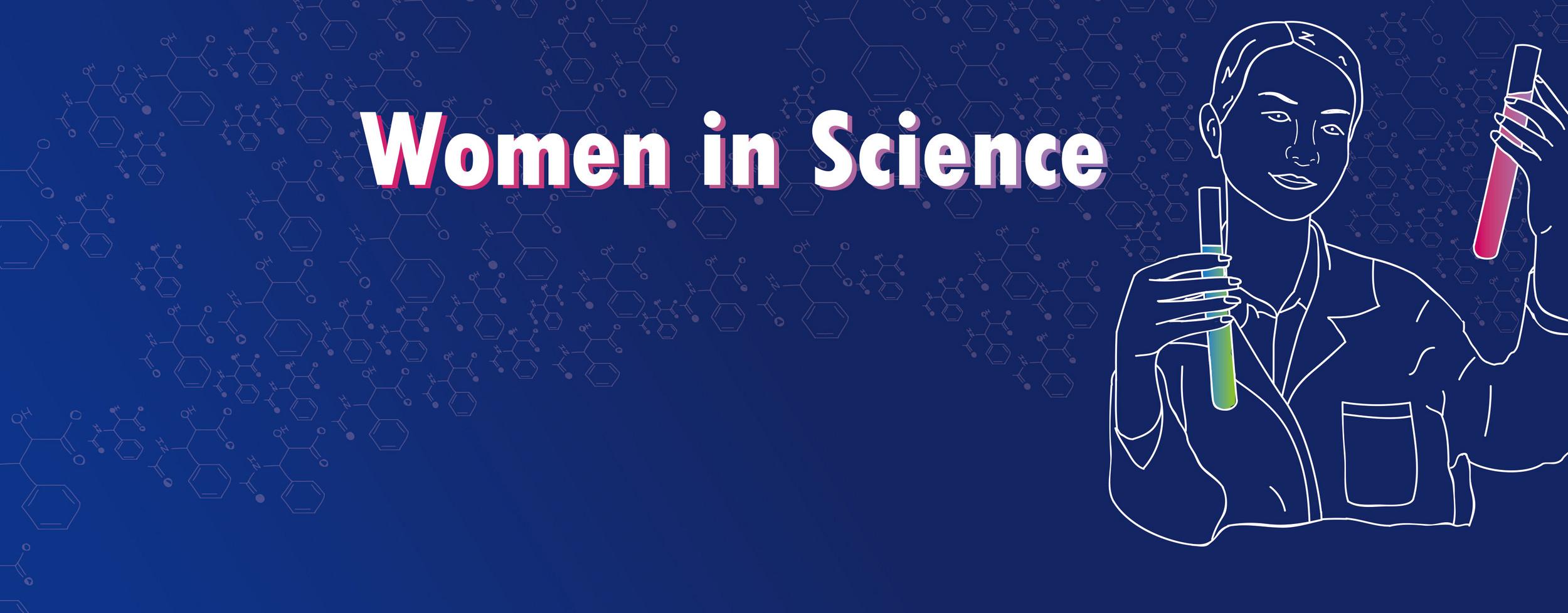
Justine Bentley, Ph.D., has an odd mix of accents. Her home in Stoke-on-Trent in the UK is surrounded by the larger urban areas of Liverpool, Manchester and Birmingham, giving her speech a strong inflection that’s difficult to pin down.
“I grew up here and I still live here,” she said. “I did move away for six-and-a-half years to go to university, but I basically live in the town that my parents live in. My school's here. My brother's very close. So I haven't gone far from home.”
She attended Cardiff University in South Wales, where she loved living in the city, with its large student population. She earned a BSc with joint honors in Physics and Chemistry and a Ph.D. in Analytical Chemistry. Then she returned home to Stoke-on-Trent and her family for her first job.
There were signs early on she might take a path in the STEM disciplines.
There we ballet lessons as a child, which didn’t stick. The gardening club did, though, where she attended to small animals as well as plants.
Family helped shape that drive towards a career in science.
“I think I've always been more a scientist than an artist. My dad’s an engineer, and he’s one of those people who will have a go at anything. He designed and built the house that he lives in because he couldn't find a house he liked.”
And there were long talks with her father, more of lessons than anything else.
“When we were children, my older brother and I, if we asked how something worked, he wouldn’t just tell us. He’d reason it through with us and explain and ask our opinion of what we thought. So I think I’ve always had an interest in learning and how things work.”
In fact, when she was about 10 and in primary school, a particularly inspiring teacher conducted what Justine called fun experiments.
“He was very visual, and that kind of thing was a lot more interesting to me as a child.”
But when she turned 18 at the university, Justine wasn’t sure of her path.
“One of my teachers just said, ‘well, what do you enjoy?’ So I said, chemistry and physics. They said, ‘well, why didn't you just do both of them?’ Okay. I'll do both of them. So I did.”
She elected to do a joint course, called Joint Honours, doing half a chemistry degree and half a physics degree.
“It’s not like the American system where you major in one and minor in another.”
Her natural curiosity led her to carry on the tradition implanted by her dad. But her mind was on more adventurous avenues.
“As a kid, there's nothing more fun to me than doing science experiments, you know, when you're at school and you can make drugs or blow things up or burn things. I think I quite liked the practical side of science.”
Today, Justine is the Regional Sales Manager for the central region at HORIBA Scientific UK. Her role covers the scientific segment, process and environmental, as well as the semiconductor segment.
“My role at the moment is taking incoming inquiries, working with the product managers, working with the sector salespeople, and getting quotes together. It is also involved in generating leads. it's proactively looking for customers, it's doing events, exhibitions, conferences, and it's doing site visits to introduce the company and see where we might fit with specific users and companies.“
She’s also the point of contact for existing customers. if somebody can't find a manual or wants to know if they could slightly modify a system, Justine is the first point of contact, after which, she might put them in touch with some other expert in the company.
Her first role was based in a laboratory, in Stoke for team testing. She didn’t enjoy it, though.
“I got talking to the CEO and he said, ‘Oh, there's going be a sales role coming up within the surface analysis team, though not for another 12 months, would you be interested?’ And I said, yes. It combines my specialism in surface analysis and a more commercial role, so I moved to the sales team and then I stayed there for about eight years, really enjoying combining the science and commercial role. And I've stayed in technical sales ever since.”
What would she do if she couldn’t work at the convergence of science and commerce?
“I’d love to own a vineyard, learn the process of making wine, from selecting the grapes, then growing it and processing the wine. But I think you need a lot of money to do that.”
There’s nothing that we would put past Justine.
Você tem alguma dúvida ou solicitação? Utilize este formulário para entrar em contato com nossos especialistas.